How to Talk to a Loved One about Moving to Assisted Living
Talking to a loved one about moving to a community is usually a dreaded and difficult conversation. Ignoring the subject or being afraid of your loved one’s reaction and response is normal. However, if you are noticing cognitive changes in your loved one, it’s important to raise the subject before a crisis occurs. Once a crisis develops, you will find yourself and your family frantically searching for the right community for your loved one within a very short time frame. Thinking and speaking about long-term care needs with your loved one sooner rather than later may lead to a more collaborative discussion and hopefully avoid anger, fear, and accusations.
- Notice and track the changes. If you start to see cognitive changes in a loved one, it’s time to pay attention. Consider keeping a journal with specific dates, times, and what happened. Ask neighbors, family members, and friends if they have noticed anything. Often it’s someone else who will notice a change first but will be hesitant to say anything.
- Consider other conditions that might be causing dementia symptoms. Many physical conditions mimic dementia but are treatable, including urinary tract infections, diabetes, low blood sugar, vitamin deficiencies, thyroid issues, medication changes, depression, anxiety, and more. Engage your loved one’s primary care physician. Even if they can’t speak with you because of HIPAA, you can always speak with them. A good doctor will listen.
- Do some research. What kind of help do you think your loved one needs? Medications? Cooking? Bathing? Do some research into the different types of care possible – independent care, assisted living, memory care, and in-home care. It’s possible with a few hours of in-home care your loved one can function in their own home longer.
- Step into your loved one’s shoes. Empathy is vital to success. Think about how your loved one is going to feel when you bring this topic up. Sadness, anxiety, fear, and anger are common reactions of a loved one. Remember there may be a feeling of grief for them – they are thinking about giving up their “home”, independence, and way of life. While they may be in denial, it could also be their dementia getting in the way of understanding what is happening to them. And above all, remember they are not children. They are not only your parent or spouse – they are adults who have lived a very rich life which needs to be honored.
- Reach out for support. If at all possible, get your family on board. Family tension often rises with a dementia diagnosis of a loved one. Ideally, you want to all be on the same team. At this point, you should think if there is an unbiased third party that your loved one respects and will listen to. Often another person such as a doctor, clergy or close friend can help with the conversation and in some cases may be the best one to have the conversation with your loved one instead of you.
- Practice your language. Role-play what you will say – don’t use words such as “nursing home” or “facility”. Instead, say “assisted living” and “community”. Be honest and thoughtful. Pay attention to your tone and body language. Use a calm and pleasant voice, and try to maintain one even though your loved one may become angry. One of the goals is to discuss the issues and solve them as a team. And remember – it’s critical to validate how they are feeling about this conversation and a potential move.
- Decide where and when to have the conversation. Think about the day, time, and place that will work best for your loved one. Make sure neither one of you is in a hurry. Have this conversation at a time of day when your loved one is most alert. This should be a one-to-one conversation, or you can include the person you identified in step 5 above. Too many people may make your loved one even more confused and defensive.
- Begin the conversation. Try not to show anxiety – take 10 seconds and breathe deep. Begin by asking how they’ve been feeling. Have they noticed any changes? Are they worried about anything? This is when your log from step one will be useful. While it’s ok to give specific instances, don’t be accusing.
- Offer to go to the doctor with the person. Tell your loved one:
- There are physical issues that can cause these symptoms that be treated.
- Knowing now can help your loved one and you plan.
- Seeing the doctor would help both of you with peace of mind.
- Recognize that this will take multiple conversations. Don’t dismiss the cognitive changes because the conversation was difficult or didn’t appear effective. You are asking your loved one to commit to a large disruption in their lives. They will need time to digest it. Take the time between conversations to think about what went well, what didn’t, and plan for different approaches.
By Lisa Walts, MSW, LICSW – Social Worker at Cadbury Commons
Learn more about Cadbury Commons’ Community.

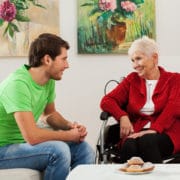





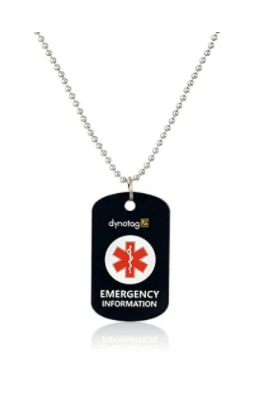 1.
1. 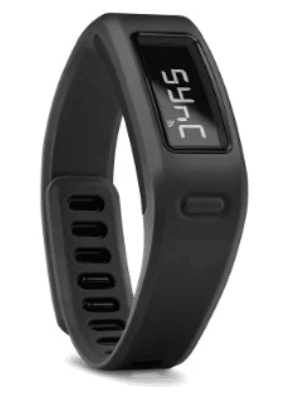
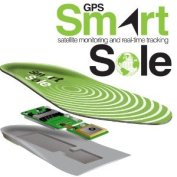 4.
4.  6.
6.  7.
7. 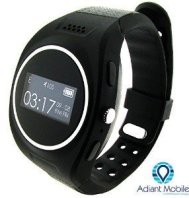 8.
8. 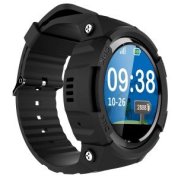 9.
9.  10.
10. 
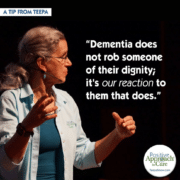
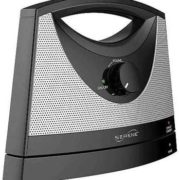
 1. Automatic jar opener
1. Automatic jar opener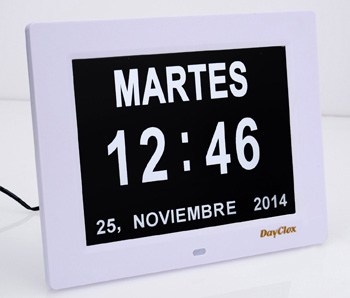

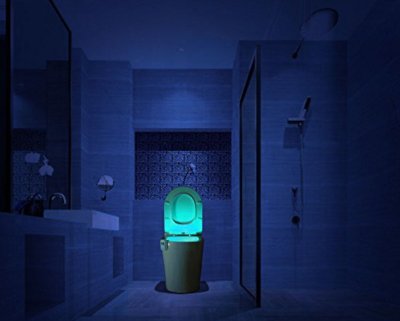 Just when you thought you’ve seen everything! This
Just when you thought you’ve seen everything! This 

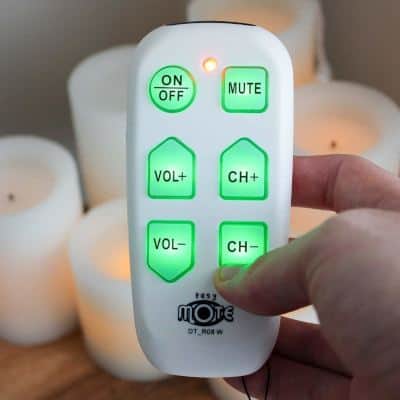 Designed for seniors in mind, this
Designed for seniors in mind, this 
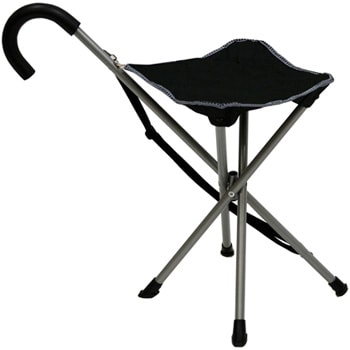
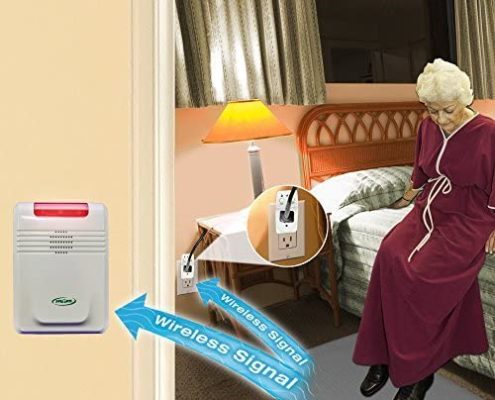



You must be logged in to post a comment.